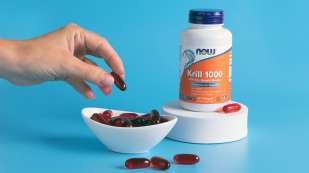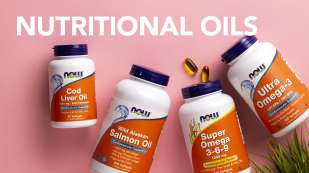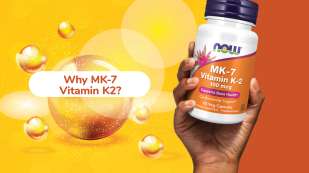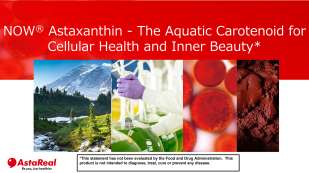Use coupon code MOISTURIZER with your purchase of $40 or more for a free†
Blemish Clear MoisturizerKrill Oil FAQs
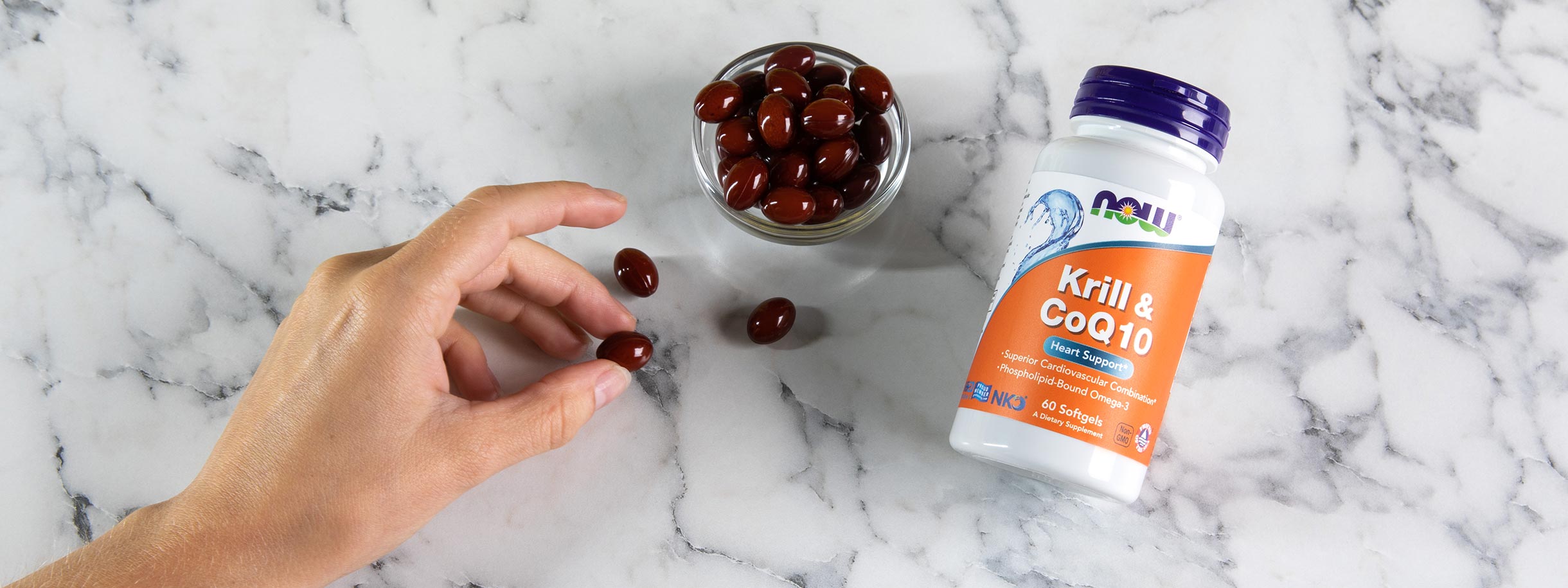
Should I eat krill or take a supplement?
Much like shrimp, krill is eaten by first removing the hard shell. However, krill are quite smaller, saltier, and have a stronger fish taste than typical shrimp, making krill less appealing as a meal for the average American. That’s why taking krill as a supplement seems to be the most preferred way to get the researched health benefits.*
What are the advantages of taking a krill oil supplement over typical fish oil?
Krill oil is a multi-nutrient made up of omega-3s, phospholipids, choline, and astaxanthin, while most fish oils contain mainly omega-3. The key advantage of krill oil is the phospholipids, which are the exact form the human body needs to better absorb and deliver the omega-3 and choline benefits throughout the body.* Choline is also an essential nutrient important for liver, brain, neuron, and muscle health.* Astaxanthin is a powerful free radical neutralizer.* In krill oil it protects the oil from oxidation, hence no need to add preservatives.* Overall, the health benefits of krill oil are ascribed to this naturally occurring blend of essential nutrients, whereas the health benefits of fish oil are all ascribed to EPA and DHA. Visit this article for a deep dive into krill.
What are some of the additional health and wellness benefits of krill oil?
The focus of krill oil scientific studies ranges from how krill oil phospholipids support general health and wellness to how krill oil supports condition-specific health areas such as heart, liver, cognitive, joint, muscle, skin, eye and health as well as supporting sports performance and PMS.*
Krill oil has been clinically shown to:
-
Better support healthy blood glucose levels versus eating fish*
-
Balance omega-3/omega-6 ratio*
Why does NOW choose to use the Aker BioMarine Krill ingredient?
Since 2006, Aker BioMarine has invested significantly in science, research, and development to understand the nutritional value and potential health benefits of krill oil nutrients phospholipids, omega-3 EPA/DHA, choline, and astaxanthin. Aker BioMarine Antarctic krill is sustainably and responsibly sourced and is 100% traceable from sea to shelf. It is clean from onset, even without any further processing. It is minimally processed and doesn’t have additives or solvents other than ethanol and water.
Is it true that krill supplements tend to have less omega-3 DHA/EPA than typical fish oil supplements?
Krill oil has omega-3s that are bound to phospholipids, which are more efficiently recognized and used by the body. That means you need less krill oil than fish oil to get the omega-3 benefits. We are what we eat, digest, and absorb! Krill oil also naturally contains choline, an essential nutrient. So, with krill oil you get the most efficient form of omega-3 as well as choline, an essential nutrient the body and mind need to function at their best.
There is increasing evidence that the differences between the molecular forms of omega-3 fatty acids (triglycerides and ethyl-esters in fish oil, and phospholipids in krill oil) are important. The phospholipid form (from krill oil) has been shown to facilitate the incorporation of omega-3 fatty acids into tissues in a more effective and efficient manner compared to triglycerides and ethyl-esters (from fish oil). Therefore, it is thought that a lesser amount of omega-3 fatty acids can be taken with krill oil, compared to fish oil, in order to get the same amount of omega-3 health benefits. Moreover, there is evidence which points to phospholipids and choline itself having many health benefits.*
Does krill oil have a bad aftertaste or cause fishy burps like other fish oil?
Krill phospholipids are superior omega-3 forms that are water soluble and easily dispersed in the stomach, so no fishy burps or aftertaste. That also means you can take it with or without a meal. Fish oil is usually in a triglyceride or ethyl ester form which is not soluble in water. Fish oil will sit at the top of your stomach contents and can then cause those fishy burps. This also means your body needs to create bile in order to break down the fish oil, so it’s recommended to take it with a fatty meal to trigger your body to start that process.
Should I take krill oil if I’m pregnant?
A sufficient intake of the key nutrients of krill oil (EPA, DHA, choline) is important at all stages of life including pregnancy. We are always cautious when giving advice to pregnant women or women who are nursing. We recommend that women in any of these situations discuss the use of krill oil as well as any other supplements with their healthcare provider.
*These statements have not been evaluated by the Food and Drug Administration. These products are not intended to diagnose, treat, cure or prevent any disease.



